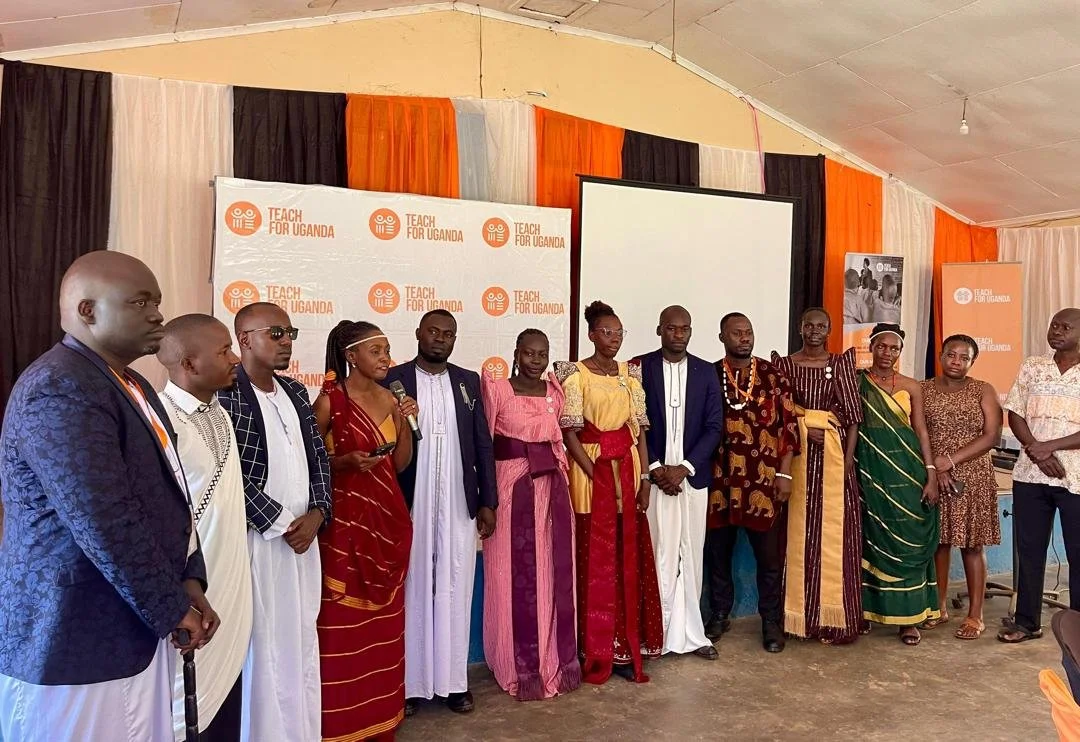The Cooking Stones of Team Leadership
By Flavia Nakajjugo Kizito
In many African homes in the past, we cooked using three stones and firewood. If one stone was short or unstable, the whole saucepan (the vision) could fall. As leaders, our role is to ensure every stone (every person) is supported and strong. Only then can we hold the vision steady.
A high-performing team works like those three stones and each team member is equally strong and important, collectively holding the vision together. The three stones of team leadership are building trust, distributing power, and unleashing the gifts and abilities of your team to accomplish your shared vision.
This has shaped my leadership approach profoundly and reminded me that I must lead with humility.
My name is Flavia Nakajjugo Kizitio. I’m an educator at heart, and I’ve served in many leadership roles; from heading a school to leading education programming at Teach for Uganda, where I currently serve as Head of Training. I also run TeachShift, a nonprofit dedicated to empowering teachers.
Over the years, my leadership has been tested in different ways, but none more so than during Teach for Uganda’s annual training institute. Every year we bring together over 100 new teachers for a rigorous 4–6-week residential training.
One year at the training, I saw firsthand what happens when trust is low. There was confusion around responsibilities, complaints about food and venue logistics, and stress levels were high. I realized I hadn't invested enough time in building my team before the storm hit. We were disjointed, and everything felt heavier than it should have.
Team leadership is not just a style, it’s a strategy. It means empowering every team member and leading with humility. And, like the three stones, when your team is built on trust, power is distributed, and everyone uses their gifts and abilities, the shared vision is accomplished because everyone is holding up their part of the saucepan.
The next year, I decided to do things differently. I began early with team bonding sessions and honest conversations. We clarified roles, shared expectations, and practiced accountability. I modeled vulnerability by admitting past mistakes and asking for input. The difference was clear: the team was aligned, roles were clear, and trust was in the air. Meals were served on time, training materials were ready, health and hygiene were managed, and I could focus fully on the actual training delivery. The feedback was overwhelmingly positive from the participants.
Another moment in my life that has tested this principle was during a school project I led. We were rolling out a new curriculum and needed buy-in from both experienced and new teachers. Instead of dictating the plan, I facilitated open forums where everyone’s voice mattered. When we finally launched, the teachers owned it.
The results were higher engagement, better learning outcomes, and a stronger school culture.
As I reflect on team leadership, I often return to a few questions that help me grow:
Are there areas in my leadership where one “cooking stone” is weaker than the others?
What would it look like if every team member I work with felt trusted and empowered?
How do I hold myself accountable to the same standards I set for my team?
When I look to the future, I dream of an Africa where leadership means “we,” not “I.” Where trust, humility, and shared responsibility drive our schools, our organizations, and our governments.
And for me, team leadership is how we get there—one empowered stone at a time.
Flavia Nakajjugo Kizito is an educational leader in East Africa, transforming teachers, students, and communities.
Flavia is an alumna of the Abuntant Leadership Institue and serves as a co-facilitator of ALI’s Team Leadership course.
Learn more about her work at www.teachforuganda.org.


